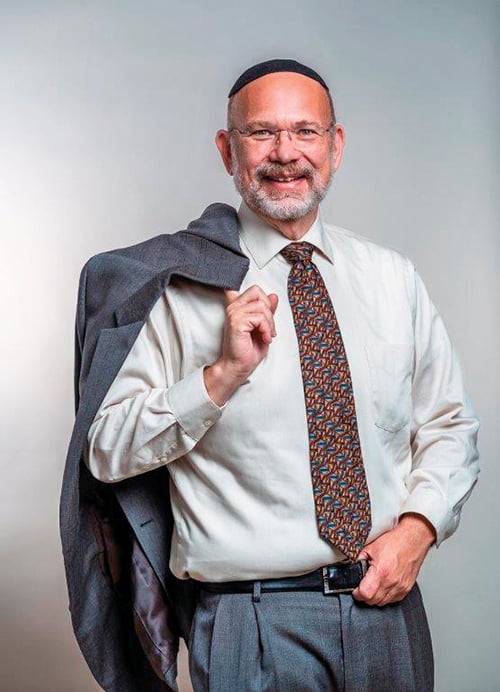Nina and I have frequently facilitated sessions in marriage enhancement for couples with great or average marriages who would benefit from sharing ideas with others. At one, an OU Marriage Enhancement Retreat, we encountered many couples who, at night or during free time, spontaneously congregated to discuss some of the issues that had come up during sessions. Much of the discussions centered around some of the strategies that they found helpful in their marriages. After one of those informal sessions, we realized how beneficial it is for couples to do this. We therefore decided to facilitate such a session and found that it was very useful. After that OU retreat, we used that concept at many other marriage shabbatonim and retreats that we participated in, all producing many good ideas.
General guidelines:
In these sessions, we raised some issues that many couples sometime struggle with and asked for ideas of what might be helpful in dealing with those situations. Particularly helpful were things that have worked even if the same problems came up again, or many times. Life is, after all, an endless series of problems, and our job is to try to understand them (often VERY difficult), accept and admit that we likely share at least a little part of the cause (even MORE difficult), admit to our part of the problem without saying “if you hadn’t done this, I wouldn’t react that way” (EXTREMELY difficult), and then try to come up with things that might help.
Since the purpose of this session was to help one another better deal with the kinds of problems that virtually all couples sometimes struggle with, the focus was on what works or is helpful. This was NOT a gripe session. Obviously, you can’t discuss the solution without describing the problem. However you should NEVER talk about your spouse in a derogatory fashion, especially, never, ever, in front of others. Therefore, try to phrase the issue as “our problem” rather than his or her problem. It is especially helpful for the one talking to take responsibility for the problem, e.g., “I am very sensitive to criticism, so when my husband/ wife tries to make suggestions about improving my driving, I get very upset and just don’t talk. I (we) have found that………can help us get past the problem.”
Nina and I have learned (and are still learning) many things over our many years of marriage that have helped us to generally overcome the obstacles that are a part of every marriage and have enabled us often to avoid problems, delay problems, reduce problems, and solve problems in a way that has allowed us to build a close to fairy tale marriage, a marriage that many people only dream about. We are sure that every one of you has likewise learned things that can really make a difference, and invite you to share those things so that we can learn from each other and help our marriages grow and flourish.
Please write to me about things that you have found helpful in solving problems (possibly, even very painful problems) in your marriage, even if the solution still leaves a lot of difficulty. You don’t have to identify yourself, and can be perfectly open. In cases where anonymity is utmost and you are more comfortable, please mail them to me at 437 New Bridge Road, Bergenfield 07621. I will look over the responses and report back to the readers about what people have come up with. Hopefully it will be as good in written form as it has been live.
Please feel free to contact me regarding this (or any) topic. You can do so anonymously by writing to morde[email protected] Dr. Glick was a clinical psychologist in private practice for 35 years as well as the rabbi of Congregation Ahavat Yisrael in Montreal. If you would like to submit a question, or contact him for an appointment, he can be reached at mordechaiglick@ gmail.com or by calling him at 201-983-1532.
By Rabbi Dr. Mordechai Glick












